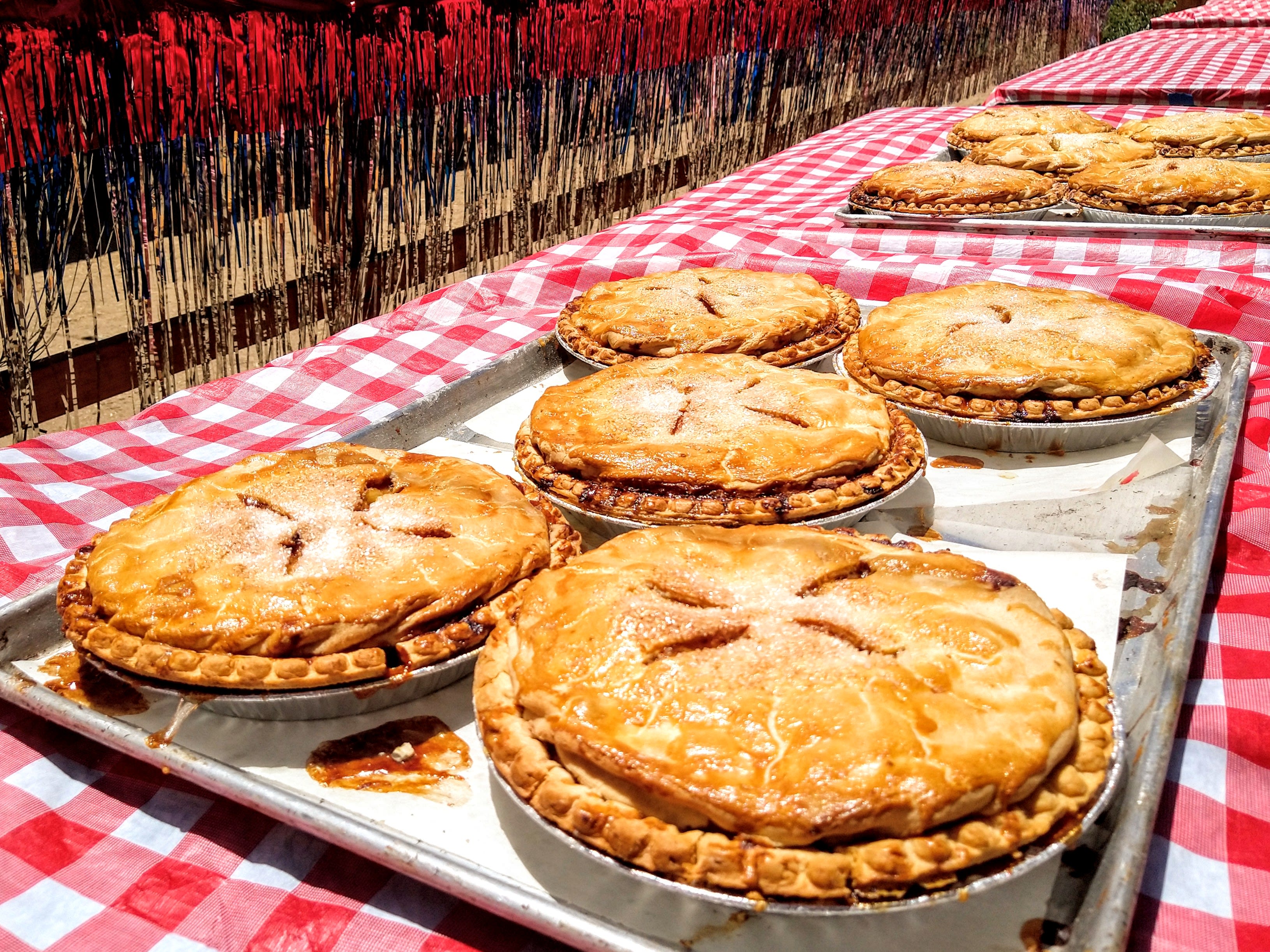



johndoe@gmail.com
Are you sure you want to reset the form?
Your mail has been sent successfully
Are you sure you want to remove the alert?
Your session is about to expire! You will be logged out in
Do you wish to stay logged in?
Whilst it may be obvious that food and sport often interlink, the multifaceted relationship between these two industries warrants further attention. Beyond the fact that both industries support one another from a sports performance angle, the cultural impact of both is much larger: they have the capacity to influence consumer behaviour, create social experiences, and more.
From stadium concession snacks to competitive eating competitions, the intersection between food and sport is endless, with two giant industries supporting the growth of the other. This piece will highlight some of the ways that food and sport interact by bringing together a variety of free content from Bloomsbury Food Library. Dive into the action below!

Food plays a key role in a professional athlete’s success, with many teams employing nutritionists to give their athlete the optimal preparation. Justine J. Reel discusses in this chapter how “food fulfils a basic human need by fueling the body to survive and thrive,” but in the case of high-performing athletes, “eating the right foods can make the difference between winning and losing an event.” Depending on the type of sport, the team’s nutritionists will alter the diets accordingly, as “certain sports may promote weight loss (wrestling) or gain (football)” in order to get the players in the best physical shape.
What the athletes are eating can be as important as their physical training regime, and “athletes often report that they follow a different diet while they are in season for their sport compared to when they are not playing their sport.” It is not only the days leading up to a match, but on the day itself that food is important, as “Food also plays a role in game-day rituals for certain athletes,” becoming part of the superstitions that many athletes follow ahead of the event.

Sports and alcohol are intrinsically linked, whether that is in the form of the drinks consumed by the sporting spectators, or by the brand sponsorships that seem to be increasingly more prevalent between alcohol companies and sports brands. In this chapter from Tony Collins and Wray Vamplew, they detail how “sport and alcohol cross-pollinate with each other in so many ways,” suggesting that the success of either industry is in part due to the simultaneous rise of the other. They discuss the “importance of brewers to commercial sport – financing professional football clubs and their grounds, underwriting golf, cricket and other sports’ clubs, and, more recently, providing extensive funds through sponsorship.” Whether it’s Heineken and Moet sponsoring Formula 1, or Asahi partnering with Manchester City football club, these alcohol brands gain mass exposure by having their name associated with these popular sports companies.
Whilst sponsorship is a massive part of the relationship between sports and alcohol, it arguably would not have happened without the pre-existing relationship between alcohol and the sport’s consumer. Tony Collins and Wray Vamplew state in this chapter that “no matter what the sport or its level of popularity, the consumption of alcohol is almost an intrinsic part of the spectator experience.” For example, at Wimbledon, it is part of the culture to drink a glass of Pimms whilst enjoying the English sunshine and the tennis. Collins and Vamplew go on to say “Whether it was the drinking booths at horse racing, the inns which staged cockfighting or the individual beer-sellers who lined the routes to major sporting events, attendance at a sports event was accompanied by almost limitless opportunities to imbibe,” making it the perfect arena for alcohol companies to place their sponsorships and encourage more drinking.

Certain food items have become notorious as being sporting event food, often due to the ability to eat them quickly with your hands, such as a burger, hot dog, or popcorn. Andrew F. Smith details in this chapter how “Food has often been sold at sporting events. Initially such food was sold by vendors, who sold hot dogs, popcorn, Cracker Jack, and beverages (typically sodas and beer).”
Specifically, popcorn is “a staple food item at baseball games throughout America, and the cry “Getcha peanuts, popcorn, and Cracker Jack” is still heard at circuses, sporting events, and carnivals throughout the land,” John F. Mariani explains in this chapter. It is not only in America where popcorn is popular during baseball, as James V. Blevins “developed a very fluffy, high-volume popcorn that proved highly successful in movie theatres, which he later introduced to baseball stadiums in Japan.” However, “Americans eat about 16.5 billion quarts of popcorn per year,” making it understandable why this is a popular snack for sporting events such as baseball.

Most of us would define a sport as a physical activity that is often competitive, such as football or rugby. Andrew F. Smith explains in this chapter that “the competitive eating category is now considered a sport,” in part due to the broad definition of the word. Similar to how football is regulated by FIFA, or how Formula 1 is overseen by the FIA, eating competitions also have their own governing board, known as the International Federation of Competitive Eating (IFOCE), which Smith explains was “established in 1997 to regulate contests.”
Eating competitions are mostly associated with “local fairs around the United States” as a way “to entertain crowds, but also as a way to highlight and celebrate local fare ranging from corn on the cob to watermelon,” Jane K. Glenn explains in this chapter, with pies being “a favourite dish for eating competitions.” However, these competitions have existed for much longer, as “the earliest known recorded eating contest comes from Norse mythology. The thirteenth-century text Prose Edda tells of the Norse gods Thor and Loki trying to beat each other at a series of challenges set out by a giant king” which included “placing them at opposite ends of a table and challenging them to eat an enormous spread of food, including a trough of meat in the center,” according to Glenn.
Whilst many of us would not think to classify eating contests as a sport, Glenn points out the training required to successfully attempt an event such as “training their stomachs to expand over time, breathing rhythmically while eating (similarly to how they would breathe while swimming laps), and keeping their cheeks completely stuffed while they eat.” Although this is very different from a typical training regime of an athlete, it cannot be underestimated how much preparation goes into an event like this.

Food and sport intersect again when obtaining food becomes a sport, and this dates back centuries in the form of fishing. Fishing requires skill and precision, and Andrew F. Smith details in this chapter how “Sportfishing in freshwater was an upper-class British tradition brought to America in colonial times.” He goes on to explain how it “required a set of gentlemanly practices designed to put the fisherman’s skill against a cunning fish,” placing the fish in the role of the adversary. There are different levels of skill required within fishing, and “Particular fish, especially those with character that could put up a fight, were identified as game fish. Anglers were encouraged to catch them, while other fish were classified as rough or coarse and not worth a genteel angler’s time.” This intersection of competition, sport and food helps to explain why fishing has remained popular for such a long time, as it continues to fulfil basic human needs whilst providing a challenge and entertainment for the participant.
If you’ve enjoyed this taster of what the Bloomsbury Food Library has to offer, why not let your librarian know about this new collection? Recommend it to your librarian here.